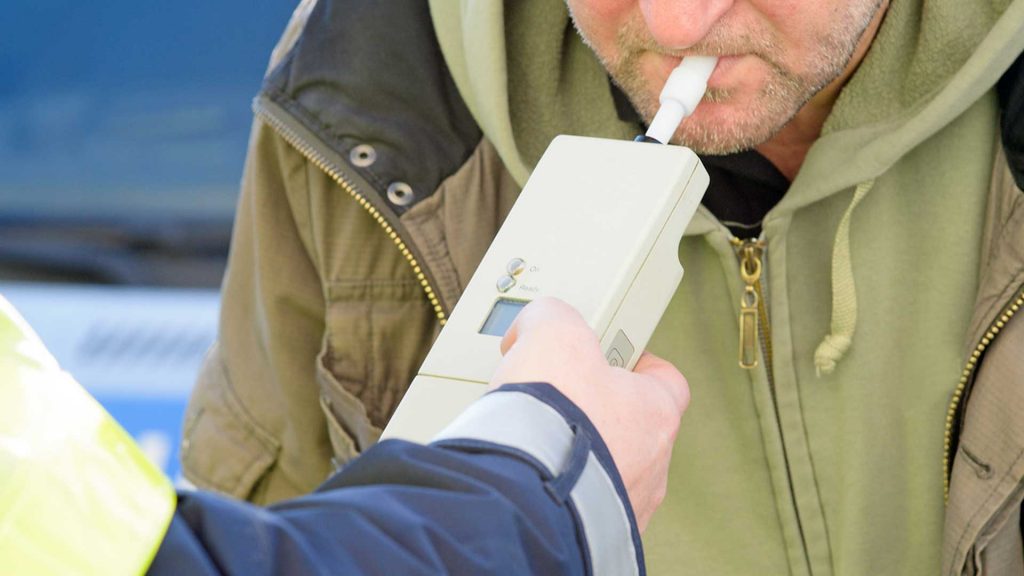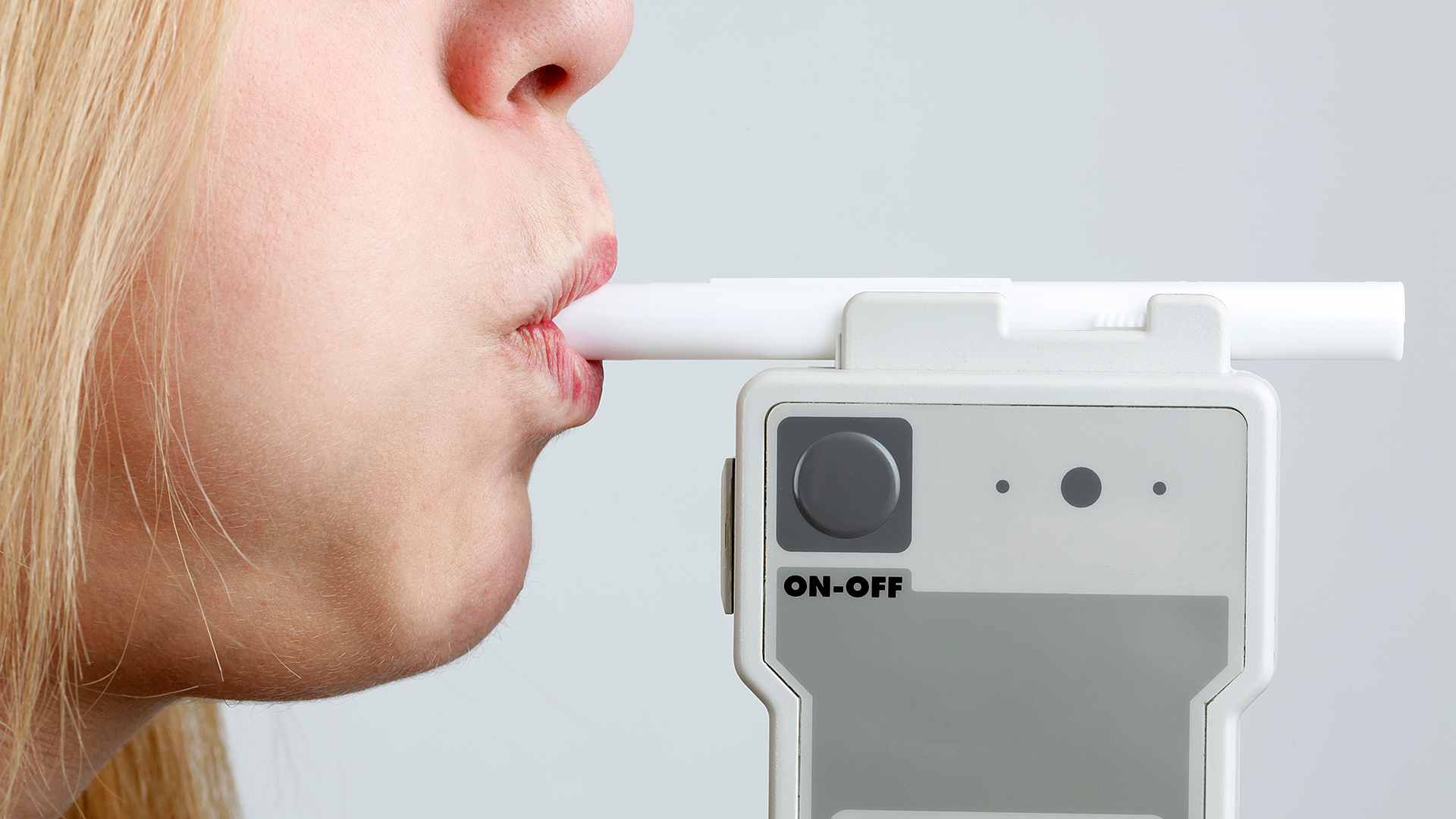Here Is What To Know About Breathalyzer Testing In Florida
We have all seen evidence of the dangers of drunk driving. Even a first time DUI conviction can disrupt a person’s livelihood. A breathalyzer is the standard for determining blood alcohol levels during a traffic stop. Unfortunately, like many machines, they are imperfect devices. In fact, errors in administration and maintenance can lead to inaccurate readings. For those facing a DUI charge based on a breathalyzer test, there may be defenses worth exploring.
How Do Breathalyzers Work? Understanding BAC Testing
Breathalyzers are devices used to estimate an individual’s blood alcohol concentration (BAC) from a breath sample. They work by measuring the amount of alcohol vapor in the air exhaled from the lungs, which correlates to the level of alcohol in the bloodstream.
How Breathalyzers Calculate BAC
Breathalyzers use fuel cell or infrared spectroscopy technology to detect the presence of alcohol in the breath. The breath sample is analyzed to determine the amount of alcohol present, which is then converted into an approximate BAC reading. Consequently, this reading is meant to reflect the level of alcohol in the blood, based on the assumption that the alcohol concentration in the breath correlates directly to the concentration in the blood.
Factors That Can Impact Breathalyzer Readings
However, breathalyzers are not always completely accurate for determining BAC. As a matter of fact, there are several factors that can lead to erroneous or falsely high breathalyzer readings, including:
- Lack of device calibration or maintenance. Breathalyzers require regular calibration and maintenance to function properly. Failure to do so can impact accuracy.
- Presence of ketones or other compounds. Certain diets or medical conditions like diabetes or GERD can produce ketones or other compounds that may be misidentified as alcohol by some breathalyzers.
- Mouth alcohol. If there is any alcohol remaining in the mouth from a recent drink or oral hygiene product, it may produce a falsely high reading. Breathalyzers are meant to test deep lung air, not mouth alcohol.
- Hyperventilation. Breathing at an abnormally fast rate prior to the test may lead to a lower BAC reading since less alcohol will have had time to diffuse from the blood into the lungs.
Because there are several possible sources of error with breathalyzer tests, the results may not always be viewed as completely definitive evidence of impairment in legal proceedings such as DUI cases. With the help of an experienced DUI attorney, it may be possible to challenge the accuracy and validity of a breathalyzer test.
Common Breathalyzer Inaccuracies: Why Your BAC Results Could Be Wrong
Breathalyzers are not foolproof and errors can and do occur. At The Law Office of William B. Bennett, we have seen many instances where breathalyzer results were shown to be inaccurate for a variety of reasons.
Lack of Maintenance
Breathalyzers require frequent calibration and maintenance to function properly. Furthermore, if not properly maintained, breathalyzers can produce erroneous results. Additionally, many Florida police departments lack the funding and resources to adequately maintain their breathalyzers.
User Error
The officer administering the breathalyzer test must follow the proper procedures precisely. Any deviation from the prescribed procedures can skew the results. For example, if the officer does not observe the individual for the requisite deprivation period before administering the test, mouth alcohol may trigger an artificially high reading.
Medical Conditions
Certain medical conditions like acid reflux, heartburn, and diabetes can also lead to inaccurate breathalyzer results. As a result, these conditions may cause residual mouth alcohol that gets picked up by the breathalyzer, resulting in a false positive.
Given the potential inaccuracies of breathalyzer tests, there are issues that can be raised to challenge the results. An experienced DUI attorney can help evaluate whether there are grounds to contest the breathalyzer results in your specific case. Breathalyzer inaccuracies are just one of many defenses we may be able to utilize to fight your DUI charges.

Fighting a Florida DUI With Breathalyzer Inaccuracies: A Legal Defense Strategy
As criminal defense attorneys here in St. Petersburg, Florida, we know breathalyzers are not foolproof. While breathalyzers are commonly used to determine intoxication, there can be potential errors in functionality that may provide an opening for a legal defense strategy. When fighting a DUI charge in Florida, examining potential problems with the device, its maintenance and its administration can reveal weaknesses in the State’s case. Depending on one’s case, by raising reasonable doubt about the accuracy of the breath test results, it may be possible to obtain an acquittal or have the charges reduced.
The Most Important Thing You Can Do Is Call A Highly Experienced DUI Lawyer To Protect Your Rights
While a breathalyzer result may seem definitive, the reality is that many variables can impact the reading. That being said, if you have been charged with driving under the influence, it is crucial that you understand your rights and the potential defenses available. With the right legal guidance, you may be able to successfully contest the charges. Call The Law Office of William B. Bennett today for a free consultation or contact us on our website here. Working together, you may be able to avoid a harsh punishment for an incident that may not have occurred as initially reported.
Tagged with: Arrest, Breathalyzer, Criminal Defense, DUI
Posted in: DUI

